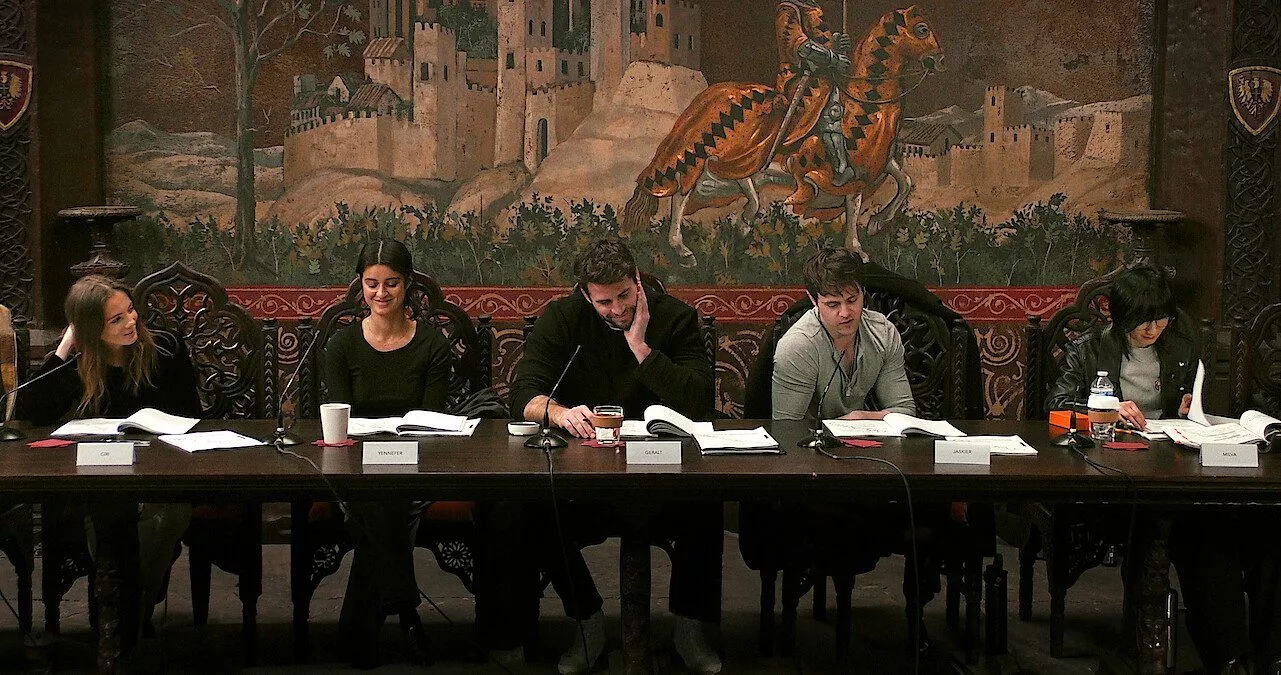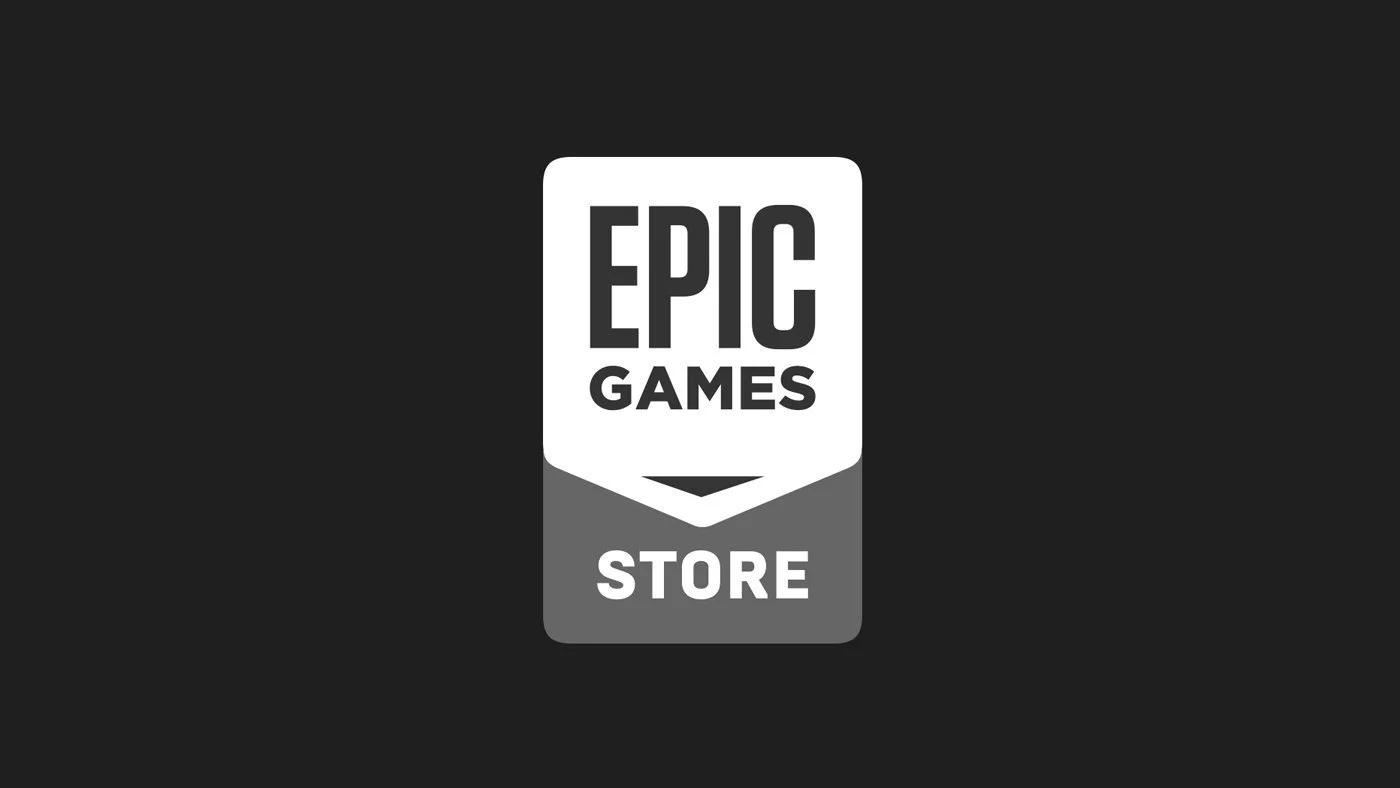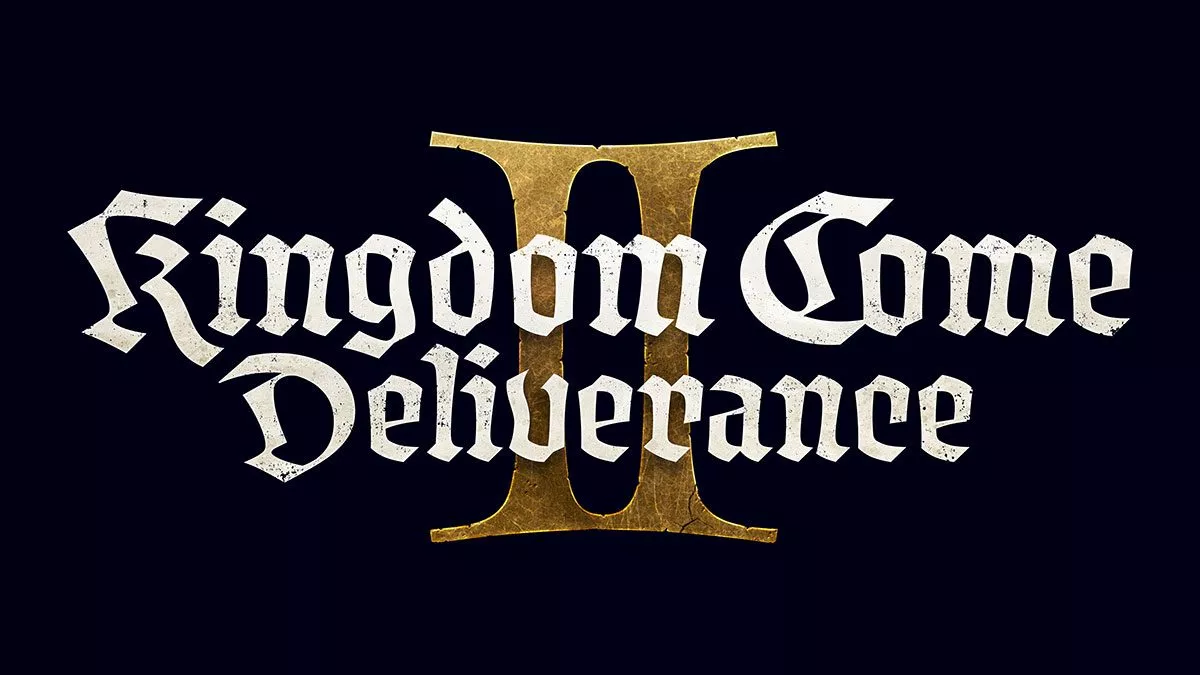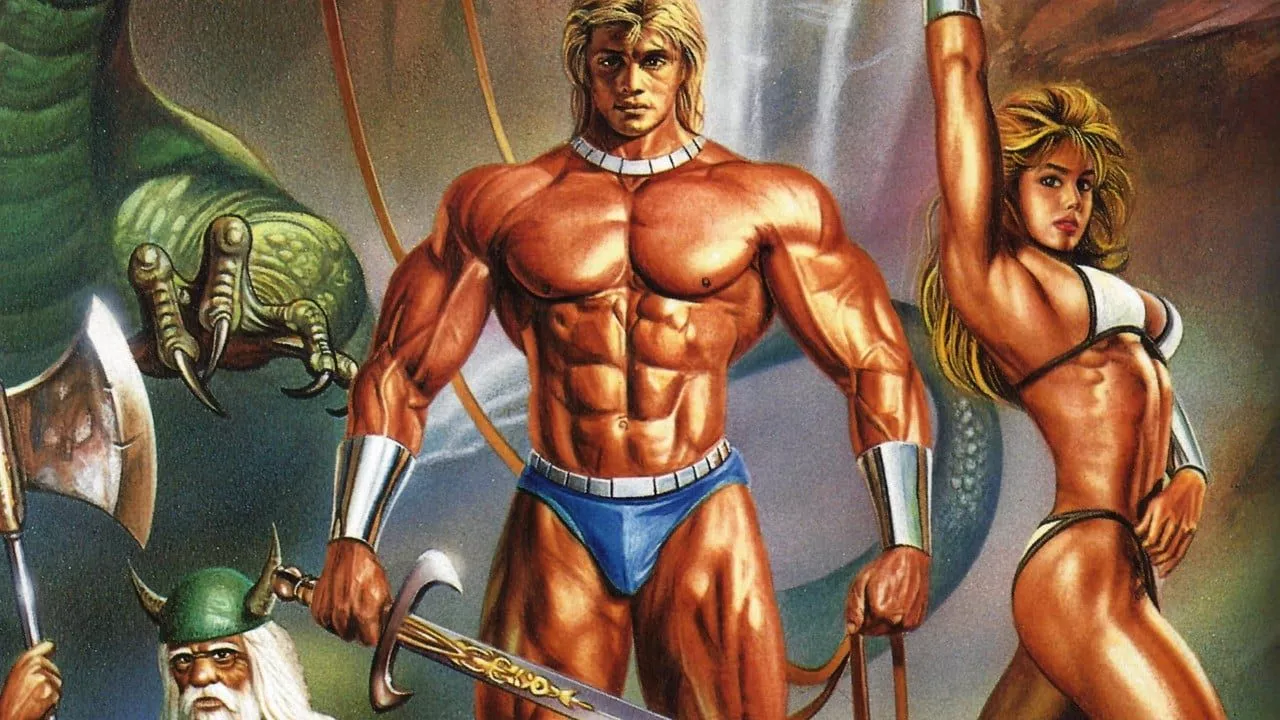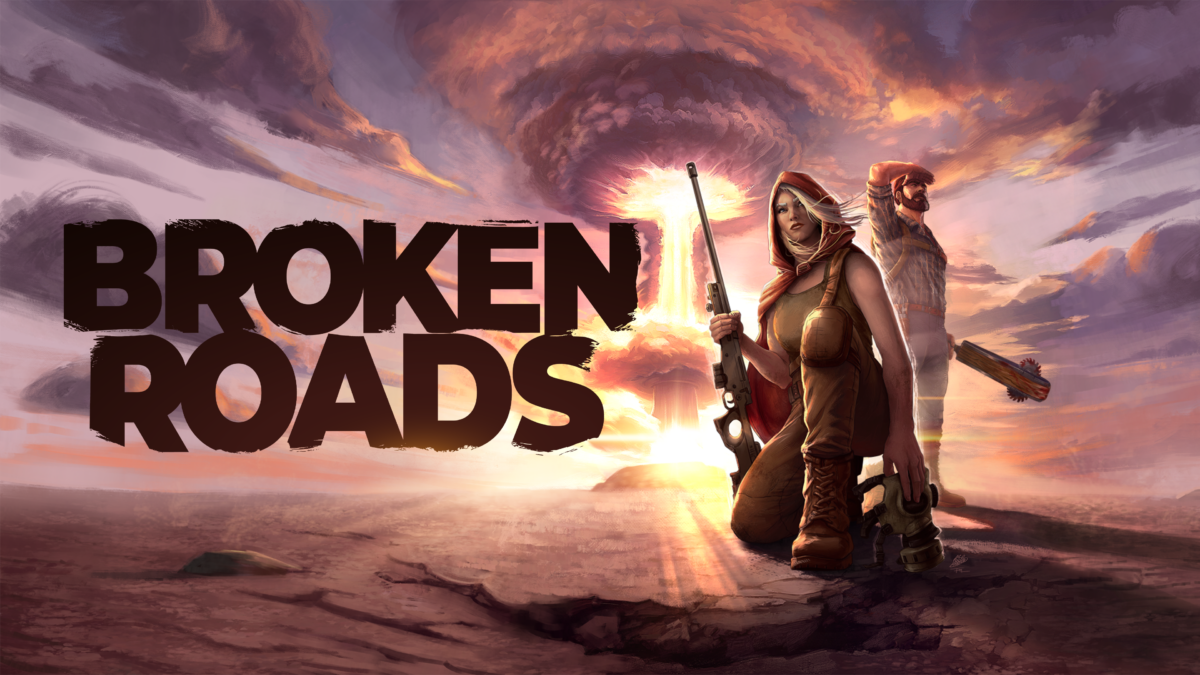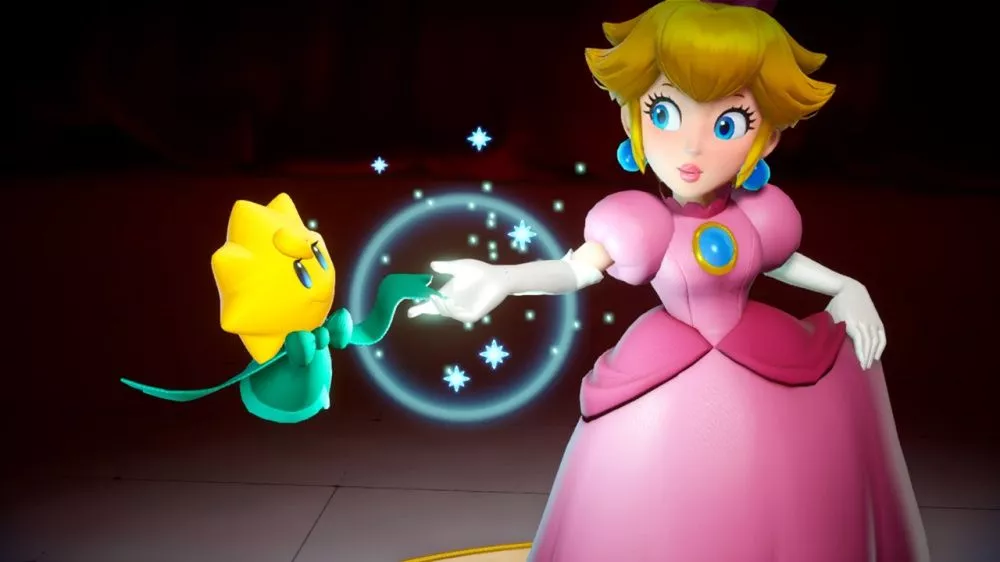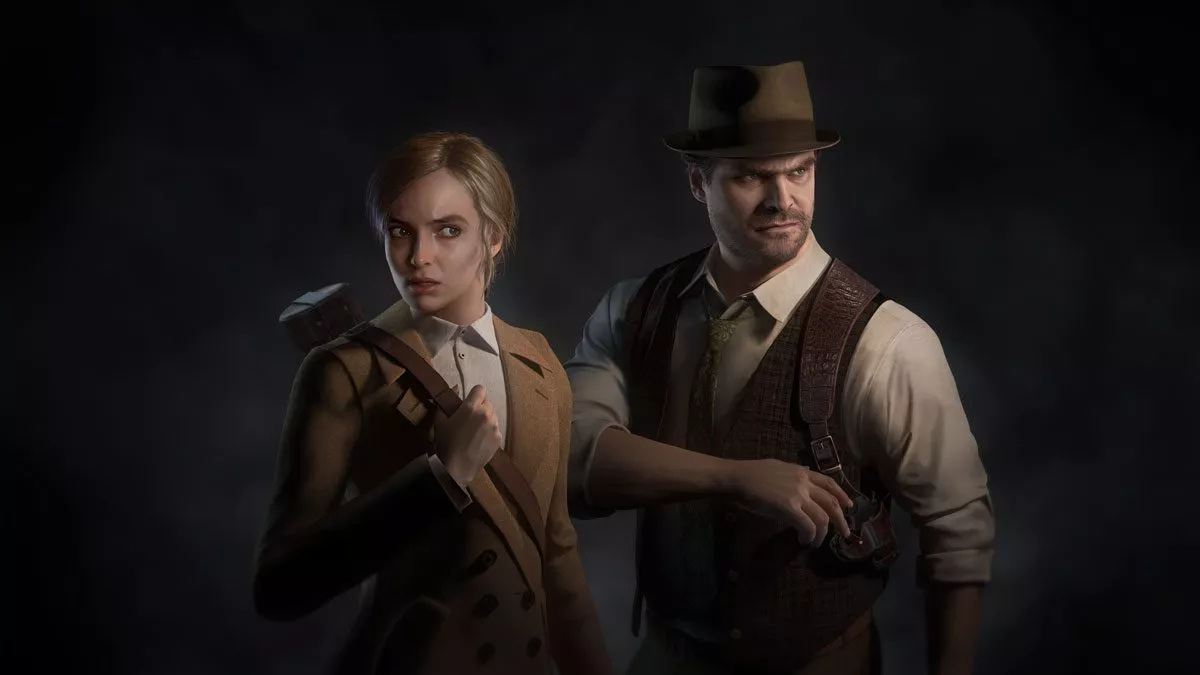Stevivor was lucky enough to sit down with Feargus Urquhart, CEO of Obsidian Entertainment, to discuss the partnership between Obsidian and Paradox to develop and publish the upcoming RPG Pillars of Eternity. Urquhart also touches upon both his and Obsidian’s past, and recent titles like South Park: The Stick of Truth and Fallout: New Vegas.
Steve Wright, Stevivor: First, before we get into what’s probably a set of obvious questions, let’s focus on Pillars of Eternity first. Can you give me a bit of a backstory on how the game came to be? Influences, design strategies, that sort of thing?
Feargus Urquhart, Obsidian Entertainment: Well, we rolled the die…
Stevivor: *laugher*
Urquhart: We took a little blank die and we wrote free-to-play, RTS, RPG, a pony game…
Stevivor: *more laughter*
Urquhart: No. So a lot of it really has to do with our history. A lot of us worked at Black Isle, you know; that’s where the five owners of Obsidian came from. We were the external producers on a lot of BioWare projects, which were Neverwinter Nights for 95% of its development, plus Baldur’s Gate and Baldur’s Gate II. I did work on Shattered Steel, which was one of BioWare’s first products.
Internally, we did Icewind Dale and its expansion packs, which were Infinity Engine games, and between Baldur’s Gate… between the numbers of all these games, we’re talking 10 to 15, maybe even 20 million units were sold between all of those. People enjoyed those games, and people remember them. To this day, people still walk up to me and tell me how much they enjoyed those games. And they just stopped being made.
We moved over to Obsidian, and indies really needed to start focusing on consoles; BioWare started focusing on consoles, and these games – not because people didn’t want them – just stopped being made. And so that kind of went out of our heads for the next six or seven years. Then, John from GameBanshee, which is an RPG journalism, hobbyist kind of site, talked to me at E3, probably four years ago and asked why I wasn’t making those games.
I really didn’t have a good answer, other than I couldn’t get them funded. We thought they’d be cool, I’d love to make them, and I’d still want to play them, though. Then the PC started to gain more Steam… *laughter*
Stevivor: *laughter*
Urquhart: No pun intended.
Stevivor: Sure.
Urquhart: There we go, I don’t really need to tell the rest of that bit of the story.
Stevivor: *more laughter*
Urquhart: And then, Kickstarter blew up in 2012 with Double Fine and In Exile and the guys who made Shadowrun Returns, and us, with Pillars of Eternity. It was a chance for us to go back and make something that we loved, and we certainly can make that type of game. A modern version of it, that’s something that we want to play. Luckily, people were totally in to it.
Stevivor: Was there always the intention to find a publishing partner, or was Obsidian going to go at it alone?
Urquhart: You know, I think when we first started, we thought we were going to do everything. A lot of it was that we had no idea how well the game would be received. A lot of us had come from a publisher, and we could have contacted people to help us out a bit. So, ultimately, it really was, coming out of it, that we’d do it ourselves. Then, we stepped back and asked ourselves what that really meant.
When we started to really think about it, it meant customer service. We want to sell the game in China, so it meant that I’d have to travel to China, you know?
I was having lunch with Brian Fargo, who runs In Exile, and he mentioned that he was talking to Deep Silver about distribution to retail for Wasteland 2. I hadn’t really thought about contacting a publisher in terms of distribution and marketing. It made sense; I didn’t want to have a warehouse full of boxes; it’s not what we do. So I started going around talking to publishers; we’d known some guys at Paradox for a while, and we just started chatting.
It’s something they do; they publish games, they market games. I really like how they market games; in particular, they care about PC, and they care about gamers who love PC games. And, to be honest, hardcore games.
In the end, it felt like a good fit because they believe in games like Pillars of Eternity. In the end, it stops me from having to fly to China. *laughter* It also lets us focus all of our efforts on making the game, and keeps all the control with us too. We own Eternity and there’s no changes there, and they were very comfortable with that. So, it felt like a great fit.
Stevivor: The relationship makes what I’d consider obvious sense from Obsidian’s point of view, but what does Paradox get out of the relationship?
Urquhart: I think, obviously, it’s money; they’re not doing it out of the goodness of their hearts. They also get to involve themselves with a little product that’s high profile. I mean, it’s not Titanfall, but it’s a game a lot of people are really looking forward to. We’ve got 100,000, or 120,000 backers now. They get to be involved in this, and that’s cool for them. And, if they do a great job, they do financially too.
Stevivor: Backing up for just a second, let’s take Paradox out of the picture for a second. What’s your take on Kickstarter, backers, and what that means for development of a game? How much of a responsibility do you have to people who fund your game? Are they backers, stakeholders, or fans with some feedback? How hard is that all to manage?
Urquhart: For us, it’s not as different as it may be for other people. I go all the way back to the original Fallout; we made one of the first web forums that ever existed for a game. We set it up in 1995, I think it was. We’ve always had this connection, this relationship, with the people who love – or hate – and play our games.
I feel more of a responsibility, as these people have already given us money to play our games. They trust us, and that trust means a lot. We’re on our seventy-fourth update now, and we do that purposefully as we feel a responsibility to those people. We should keep them informed, and involved in the process.
Our project director is always up on the forums, taking things into account, and redesigning things based on feedback from people. Does that mean we take and use every piece of feedback? No. You can’t incorporate everything that the internet wants. People have to trust us a little bit in that we’re going to listen to everything but use our expertise to decide what’s in and what’s awesome.
Stevivor: You specifically have been in the industry and several different studios as a result, for many years – what’s your personal take on Kickstarter and what it means to the industry at large?
Urquhart: I think it will have an impact on certain parts of the industry, and very little on others. For those of us that are independent developers, making games in the 10 million dollar range, Kickstarter is great. It allows you to own your game. On the other hand, it wouldn’t fund Titanfall.
I think the impact there isn’t going to be huge. For us, we have this money, we can make our own decisions, we can do this and that, and we have leverage with publishers. It’s a very different deal that we can take Pillars of Eternity to a publisher to help us rather than doing so and asking for funding to make the thing. We wouldn’t own it in that case, and we’d make far less in terms of royalties.
Stevivor: Now, back to Paradox, how much input do they have into the game? Is it a standard kind of input, like THQ and Ubisoft had with, say, South Park? That not be the best example, so maybe even to Bethesda and New Vegas?
Urquhart: They’re gamers. Whenever they get a build, they have comments. The difference here is that there’s no effect. They could send us a thousand comments, and we could say no to all thousand. It doesn’t change any responsibility. It comes down to respect between the two companies. At the end of the day, though, the product is entirely in our control, and that’s very different to traditional relationships.
Stevivor: Back to South Park, though, I thought it was great – almost like a dream game, one I’ve always hoped for with the franchise and finally got to play. Is Pillars of Eternity that kind of dream game that you finally get to make? Has this Kickstarter experience given you some confidence to try to get that special project off the ground if not?
Urquhart: Well, I think that Eternity totally is. I’ve been wanting to do this for a while, but it’s never seemed like it was in the cards; it was too expensive. If Eternity goes well, we’ll look into sequels or expansions, but we’ll also think about what else we can do. Questions like, ‘How can we use Kickstarter again in the future?’ or ‘What do we want to make next?’
Ultimately, we love making big RPGs, and this is about how we can make them, and in our way.
Stevivor: Thanks for your time.
This article may contain affiliate links, meaning we could earn a small commission if you click-through and make a purchase. Stevivor is an independent outlet and our journalism is in no way influenced by any advertiser or commercial initiative.


